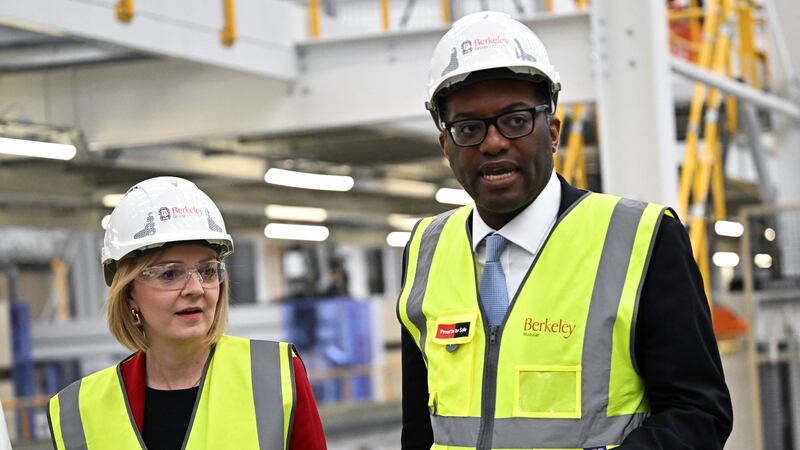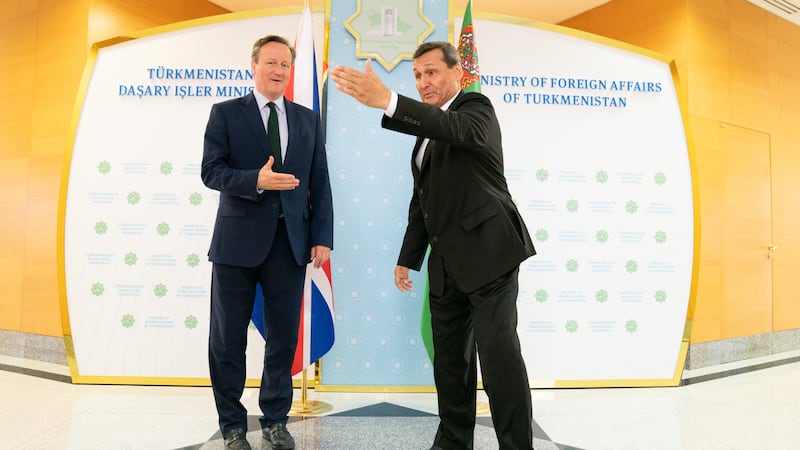Prime Minister Liz Truss has insisted the Government’s tax-cutting measures are the “right plan” in the face of rising energy bills and to get the economy growing despite market turmoil sparked by the Chancellor’s mini-budget.
In her first public comments since the mini-budget market chaos, Ms Truss defended Chancellor Kwasi Kwarteng’s measures, insisting “urgent action” was needed, although she admitted the Government’s decisions have been “controversial”.
Her words came as Sir Mark Carney – who was governor of the Bank for nearly seven years until March 2020 – said the absence of scrutiny of the Government’s plans by the UK’s independent forecasters, the Office for Budget Responsibility (OBR), has compounded the market woes.
He told BBC Radio 4’s Today programme: “There was an undercutting of some of the institutions that underpin the overall approach – so not having an OBR forecast is much-commented upon and the Government, I think, has accepted the need for that, but that was important.”
The Prime Minister told BBC Radio Leeds: “We had to take urgent action to get our economy growing, get Britain moving and also deal with inflation.
“Of course that means taking controversial and difficult decisions but I am prepared to do that as Prime Minister because what is important to me is that we get our economy moving, we make sure that people are able to get through this winter and we are prepared to do what it takes to make that happen.”
She said the mini-budget was the “right plan”, in spite of mounting calls – including from the International Monetary Fund (IMF) – for a U-turn on some of the policies announced last Friday after the pound sunk to a record low against the US dollar on Monday.
Ms Truss said it was “simply not true” when asked by BBC Radio Nottingham whether her mini-budget was a “reverse Robin Hood” that disproportionately benefited the most wealthy.
She said: “The biggest part of the package we announced is the support on energy bills, making sure that people across this country are not facing energy bills of more than £2,500 and that businesses can get through this winter.
“We were facing a situation where pubs were going to go out of business, where shops were going to go out of business.
“People were facing unaffordable energy bills and the package we presented in the energy statement, but also on the mini-budget last week – the biggest part of that is the help on energy.”
On Wednesday, the Bank of England launched an emergency government bond-buying programme to prevent borrowing costs from spiralling out of control and stave off a “material risk to UK financial stability”.
The Bank announced it was stepping in to buy up to £65 billion worth of government bonds – known as gilts – at an “urgent pace” after fears over the Government’s economic policies sent the pound tumbling and sparked a sell-off in the gilts market, which threatened to spark the collapse of some UK pension funds.
The FTSE 100 Index has also been hit by marked volatility amid the bond sell-off and wider global recession fears, falling by nearly 2% in early trading on Thursday after a rollercoaster ride on Wednesday.








